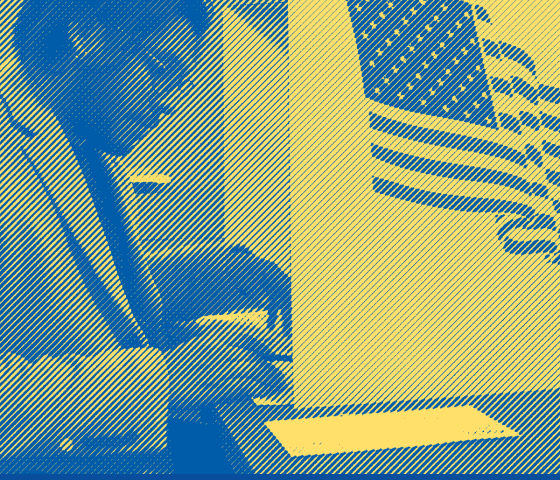Today the U.S. District Court for the Southern District of Iowa issued a preliminary injunction, preventing enforcement of the so-called “Ag Gag 2.0” law while the lawsuit that seeks to permanently block it proceeds. The court also denied the state's attempt to have the lawsuit dismissed.
Pending final resolution of the case, the court’s decision will allow lawful undercover investigations and reporting of agricultural facilities to resume once again in Iowa, allowing undercover reporters and others to document problems such as animal abuse and worker and food safety violations.
The law temporarily blocked today is Iowa’s second ag gag law. It's very similar to an earlier ag gag law passed by the Iowa Legislature—Ag Gag 1.0—which also criminalized lawful investigations and protected speech at factory farms, slaughterhouses, and puppy mills. Ag Gag 1.0 was struck down by the same federal court last January. Other federal courts have similarly struck down ag gag laws in Idaho and Utah as unconstitutional.
In March, Iowa lawmakers enacted Ag Gag 2.0, which creates the new crime of “agricultural production facility trespass” — making it illegal for a person to gain access to an agricultural production facility through deception if the person intends to cause an “injury” to the “business interest” of the facility. Since someone who finds and makes public violations of food safety protocols, environmental protections, workers' rights, and animal welfare laws can damage a business’ reputation, Ag Gag 2.0 unconstitutionally stifles free speech.
Both lawsuits were brought by a coalition of public interest groups composed of the ACLU of Iowa, the Animal Legal Defense Fund, People for the Ethical Treatment of Animals (PETA), Public Justice, the Center for Food Safety, Iowa Citizens for Community Improvement, and Bailing Out Benji.
Undercover investigations have a long, crucial history in this country and are an important source of information on practices in animal agriculture. But back in 2012, when Iowa’s first ag gag law was passed, it achieved its goal of suppressing undercover investigations in animal agriculture and they effectively ceased.
